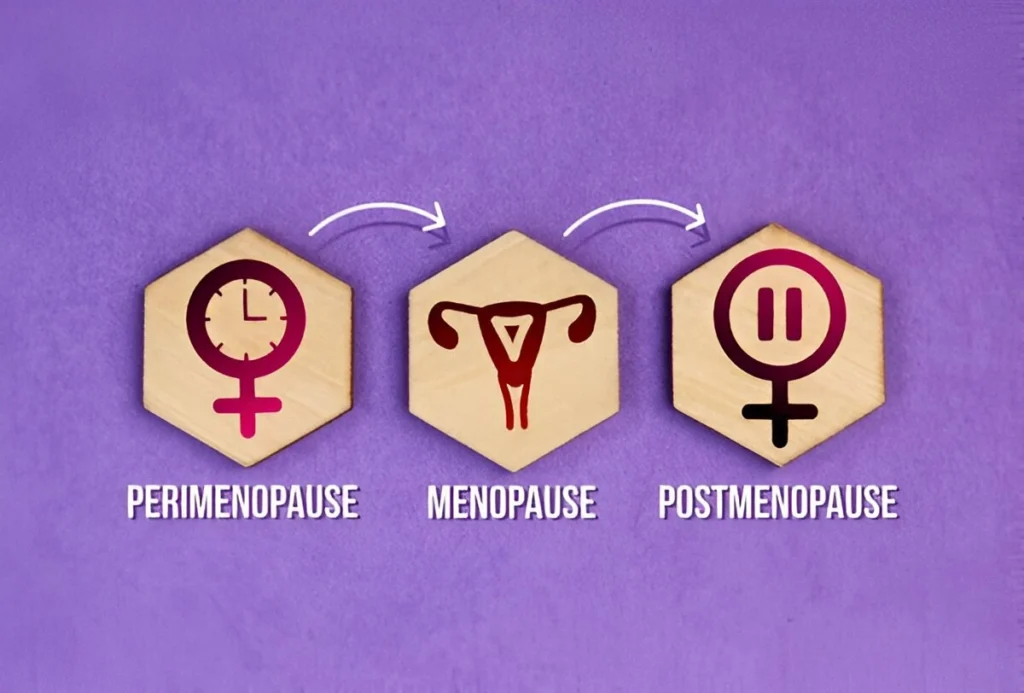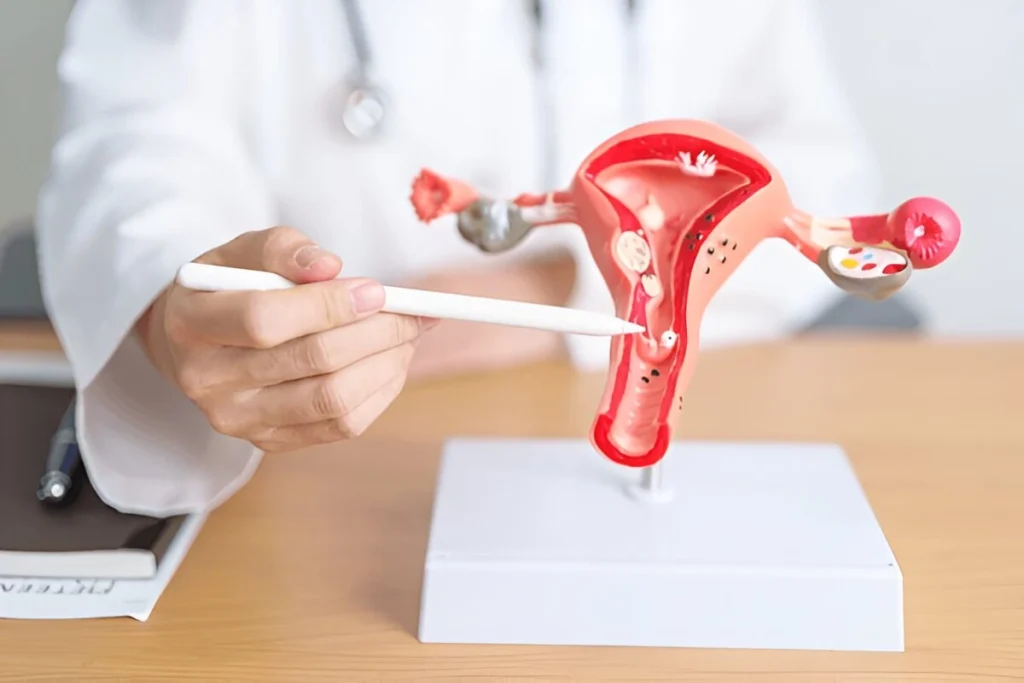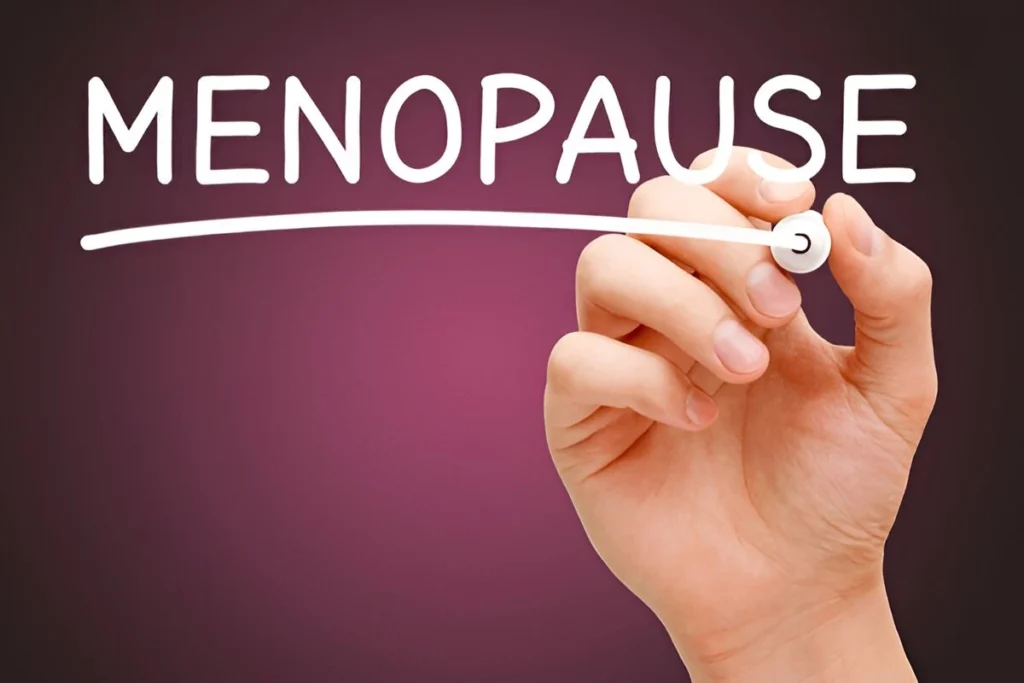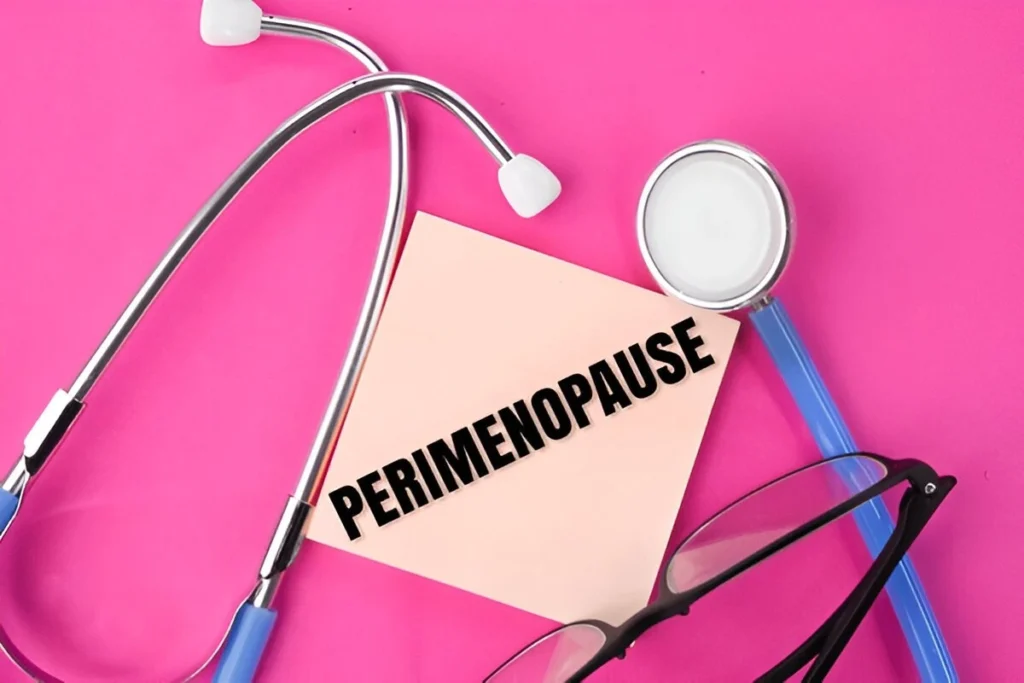Introduction
As women approach their late 30s or 40s, many questions arise about fertility and menopause. One common query is: Can you get pregnant in perimenopause? The answer isn’t as straightforward as you might think. Perimenopause, the transitional phase before menopause, brings hormonal fluctuations that can impact ovulation, fertility, and even pregnancy risks. This article dives deep into the topic, answering your most pressing questions with clear, evidence-based information.
Table of Contents
What Is Perimenopause?
Understanding the Transition to Menopause
Perimenopause is the natural transition leading up to menopause, marking the end of a woman’s reproductive years. This phase can start as early as your mid-30s or as late as your 50s. But what does it really mean?
During perimenopause, your ovaries gradually produce less estrogen, causing changes in your menstrual cycle. This process can last anywhere from 4 to 10 years. The hallmark sign? Irregular periods.

Key Symptoms of Perimenopause
Women often experience a variety of symptoms, including:
- Hot flashes and night sweats
- Mood swings
- Irregular or missed periods
- Vaginal dryness
- Sleep disturbances
While these symptoms might feel overwhelming, they’re your body’s way of adapting to hormonal changes.
Can You Get Pregnant in Perimenopause?
How Fertility Changes During Perimenopause
Yes, it’s possible to get pregnant during perimenopause. Even though fertility declines with age, your ovaries can still release eggs sporadically. This means ovulation can occur, albeit unpredictably.

According to the American College of Obstetricians and Gynecologists (ACOG), pregnancy rates drop significantly after 40, but conception isn’t impossible until you’ve reached menopause—defined as 12 consecutive months without a period.
The Role of Irregular Ovulation
Irregular ovulation is a defining characteristic of perimenopause. Since it’s harder to predict when you’re ovulating, tracking fertility becomes challenging. Tools like ovulation predictor kits or consulting a healthcare provider can help.
Signs Perimenopause Is Ending
What Happens When Menopause Arrives?
Menopause officially begins when you’ve gone a full year without a period. Symptoms like hot flashes might persist, but hormonal fluctuations stabilize. This marks the end of your natural fertility.

Final Symptoms to Look Out For
As perimenopause winds down, you might notice:
- Fewer hot flashes
- More consistent symptoms
- Increased vaginal dryness
These signs indicate your body is settling into postmenopause.
Can Menopause Cause Nausea?
Can menopause cause nausea? Yes, it can, although it’s not as commonly highlighted as symptoms like hot flashes or night sweats. Hormonal fluctuations during menopause, particularly drops in estrogen, can upset the digestive system, leading to nausea. Stress, fatigue, and poor sleep—often linked to menopause—may also contribute to nausea.
If you’ve wondered, “Can menopause cause nausea to persist?” the answer depends on individual factors, such as diet, lifestyle, and overall health. For some women, nausea during menopause is temporary and manageable through hydration, eating smaller meals, or reducing stress. However, when menopause causes nausea that interferes with daily life, consulting a doctor is crucial to address the root cause.
Nausea in Perimenopause: Could It Be Pregnancy?
Why Nausea Happens During Perimenopause
Nausea isn’t uncommon in perimenopause due to hormonal changes. Fluctuations in estrogen can upset your stomach, especially during irregular ovulation.

Pregnancy Symptoms vs. Perimenopause Symptoms
If you’re experiencing nausea, breast tenderness, or fatigue, you might wonder: Is it perimenopause or pregnancy? While symptoms overlap, taking a pregnancy test is the quickest way to find out.
How to Manage Nausea in Perimenopause
- Eat Smart: Opt for small, frequent meals and avoid trigger foods like spicy or fatty dishes.
- Stay Hydrated: Drink water or herbal teas like ginger or peppermint.
- Reduce Stress: Practice yoga, meditation, or deep breathing to ease anxiety.
- Seek Help: If nausea persists, consult a doctor for potential treatments.
Though uncomfortable, nausea often lessens as hormonal fluctuations stabilize closer to menopause.
Is It Dangerous to Get Pregnant During Perimenopause?
Health Risks for the Mother
Pregnancy during perimenopause carries higher risks, such as:
- High blood pressure
- Gestational diabetes
- Complications during labor
Risks to the Baby
Older maternal age increases the likelihood of chromosomal abnormalities like Down syndrome. Regular prenatal care is essential to mitigate risks.
Understanding Hormonal Fluctuations in Perimenopause
How Estrogen and Progesterone Impact Fertility
During perimenopause, estrogen and progesterone levels fluctuate wildly. These hormones regulate ovulation, and their imbalance can make cycles unpredictable. While estrogen levels might spike temporarily, progesterone often declines, impacting the uterine lining’s readiness for implantation.
Managing Hormonal Imbalances
Managing these fluctuations can ease symptoms and improve overall well-being. Strategies include:
- Dietary changes: Incorporate foods rich in phytoestrogens, like soy and flaxseeds.
- Exercise: Regular physical activity helps regulate hormones.
- Medical interventions: Hormone replacement therapy (HRT) may be recommended for severe symptoms, but always consult a doctor.

How Long Does Perimenopause Last?
Stages of Perimenopause
Perimenopause occurs in two phases:
- Early perimenopause: Cycles remain regular but shorter or longer than usual.
- Late perimenopause: Missed periods and more pronounced symptoms occur as menopause nears.
Factors That Influence Its Duration
Several factors affect how long perimenopause lasts:
- Genetics: Family history can offer clues.
- Lifestyle: Smoking or chronic stress may accelerate the transition.
- Age: Starting perimenopause earlier often means a longer duration.
Birth Control During Perimenopause: Do You Still Need It?
Why Contraception Is Still Important
Until menopause is confirmed, there’s always a risk of pregnancy. Sperm can survive in the body for up to five days, making even infrequent ovulation a potential risk.
Best Birth Control Options
Effective options for women in perimenopause include:
- IUDs: Offer long-term protection.
- Barrier methods: Condoms remain a hormone-free option.
- Sterilization: A permanent solution for those certain they’re done with childbearing.
Signs You Might Be Pregnant in Perimenopause
Common Early Pregnancy Indicators
Symptoms include:
- Missed periods
- Breast tenderness
- Morning sickness

How They Differ From Perimenopause Symptoms
Pregnancy and perimenopause share many symptoms, but:
- Pregnancy causes consistent nausea, while perimenopause nausea is sporadic.
- Fatigue in pregnancy often coincides with other classic signs, like a missed period.
FAQs About Perimenopause and Pregnancy
- Can You Get Pregnant During Perimenopause?
- Yes, pregnancy is possible until menopause is complete.
- What Are the Risks of Pregnancy in Perimenopause?
- Risks include high blood pressure and complications for both mother and baby.
- How Can You Tell If You’re Pregnant or in Menopause?
- Symptoms overlap, but a pregnancy test and blood work can clarify.
Conclusion
Perimenopause is a complex phase, but understanding it can help you navigate its challenges. Can you get pregnant in perimenopause? Absolutely—but it’s crucial to stay informed and consult healthcare providers for personalized advice. Whether you’re planning a pregnancy or transitioning to menopause, knowledge is your best ally.
